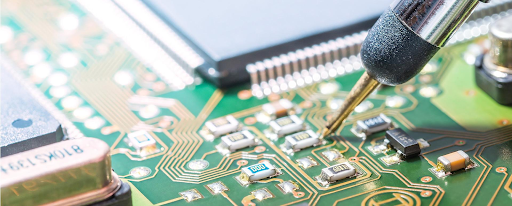Car troubles are a hassle, but when your Engine Control Module (ECM) starts acting up, the headache can be even bigger. The ECM is like your car’s brain, managing various functions and keeping everything running smoothly.
When it fails, you’re often faced with a tough decision: should you repair or replace it? The choice can be tricky, and both options have their own pros and cons. This article will walk you through the key points to consider so you can make the best decision for your situation.
Understanding the ECM
Before diving into the costs, let’s understand what the ECM does. The ECM controls essential functions like fuel injection, ignition timing, and emissions control. Without it, your car simply won’t run correctly.
Symptoms of a failing ECM include engine stalling, poor fuel economy, and check engine lights. Diagnosing ECM issues can be complex, often requiring specialized equipment and expertise.
ECM Repair Costs: A Detailed Look
Repairing your ECM can be a cost-effective solution. Generally, ECM repair involves fixing the specific faulty components within the module. This can range from a few hundred dollars to several hundred, depending on the severity of the problem and the labor involved. One major advantage of ecm repair is that it often restores the original unit, maintaining the vehicle’s factory settings.
However, not all ECMs can be repaired. Sometimes, the damage is too extensive, or the parts needed for repair are no longer available. In such cases, attempting to repair the ECM might be a waste of time and money. But when repair is possible, it can be a budget-friendly option that keeps your car on the road without breaking the bank.
Weighing ECM Replacement Costs
Replacing your ECM is usually more expensive than repair. A new ECM can cost anywhere from $400 to over $1,000, not including labor. The total cost can easily exceed $1,500 when installation and programming are factored in. Despite the higher price, there are some benefits to consider.
A new ECM will likely come with a warranty, providing peace of mind that your investment is protected. Additionally, a new unit ensures that all components are fresh and less likely to fail in the near future. For older vehicles, however, this high cost can be prohibitive, especially if the car’s overall value doesn’t justify such an expense.
Pros and Cons of ECM Repair
Advantages
- Cost-Effective: Typically cheaper than replacement.
- Retention of Original Settings: Repairs maintain factory settings.
- Quick Fix: Often faster to repair than replace.
Disadvantages
- Limited Warranty: Repairs might come with shorter warranties.
- Potential for Recurrent Issues: If the underlying problem isn’t fully resolved, issues might reoccur.
- Not Always Possible: Some ECMs are beyond repair.
Pros and Cons of ECM Replacement
Advantages
- Reliability: New units are less likely to fail soon.
- Warranty: Longer warranties provide security.
- Modern Components: All new parts mean better performance.
Disadvantages
- High Cost: More expensive than repair.
- Time-Consuming: Replacement and reprogramming can take longer.
- Compatibility Issues: Ensuring the new ECM is compatible with your car can be tricky.
Conclusion
In the end, the choice comes down to your specific circumstances. Assess the costs, consult with professionals, and weigh the pros and cons to make the best decision for your vehicle and your wallet. By taking the time to evaluate your options carefully, you can ensure that your car remains reliable and functional without overspending.

